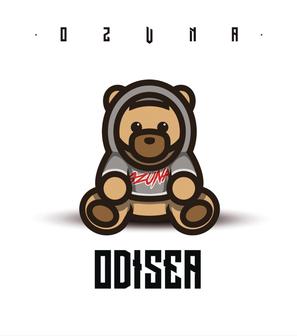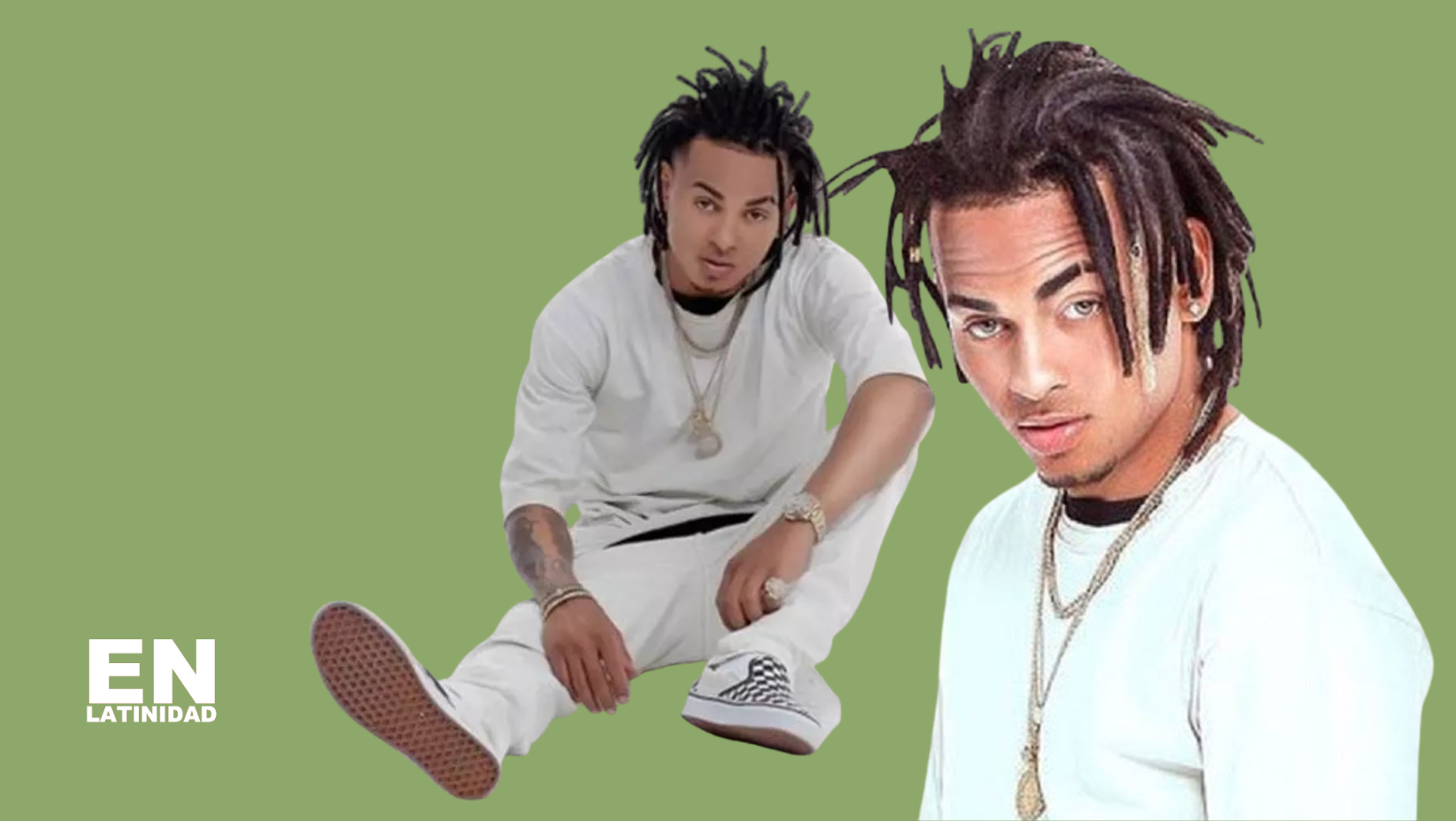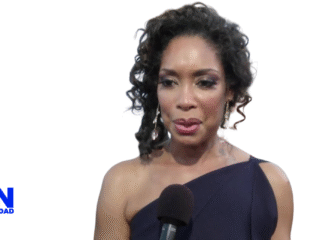Ozuna’s Odisea: The Groundbreaking Debut That Redefined Reggaetón
When Ozuna released Odisea in August 2017, few could predict that the 25-track debut album would redefine the emotional depth and melodic possibility of reggaetón for years to come. Up until that point, the genre had often been boxed into hypermasculinity, perreo-fueled club bangers, and macho posturing—but Odisea carved out space for vulnerability, introspection, and a blend of romantic pop and urbano rhythms that felt both fresh and sincere.
From the first track, it’s clear Ozuna wasn’t interested in replicating what had already been done. He created a world that was simultaneously intimate and grand, one where street narratives, love songs, and spiritual undertones could coexist. Songs like “Se Preparó” and “El Farsante” balanced catchy choruses with lyrical storytelling about heartbreak and deception, while “Dile Que Tú Me Quieres” stood out as a massive radio hit that kept its emotional weight intact. Ozuna’s voice—a high, honeyed tenor—set him apart in a genre often dominated by raspier, rougher deliveries. He made crooning cool again.
Odisea didn’t shy away from reggaetón’s roots. The production featured veterans like Hi Music Hi Flow and Yampi, blending trap, reggaetón, dembow, and even bachata-inspired melodies. Tracks like “Tu Foto” and “Síguelo Bailando” echoed the genre’s dancefloor traditions, but were laced with emotionality rarely centered so clearly in male urbano artists. In many ways, Ozuna made space for a gentler masculinity in reggaetón—one where the man could be heartbroken, not just boastful.
Collaborations were smart and strategic. “Escápate Conmigo,” featuring Wisin, was an instant anthem, combining old-school and new-wave reggaetón energy. “Ahora Dice,” alongside Chris Jeday and J Balvin, took on a more modern Latin trap flavor. But even among heavy hitters, Ozuna never got overshadowed. His charisma and vocal tone consistently anchored each track, reminding listeners that Odisea wasn’t just a collection of hits—it was a statement of artistic identity.

And while Odisea leaned heavily into love and romance, it didn’t ignore Ozuna’s social or spiritual outlook. On “La Modelo,” his collab with Cardi B, he flirted with bilingual appeal and Caribbean sounds, foreshadowing the globalization of urbano music. There’s a subtle sense throughout the album that Ozuna saw himself not just as an artist for Puerto Rico, but for the world—and he was right.
The album’s release marked a turning point. It stayed atop Billboard’s Top Latin Albums chart for 46 weeks, a record at the time. It became the launching pad for Ozuna’s superstardom, eventually leading to collaborations with everyone from Daddy Yankee to Rosalía, and even appearances in the Fast & Furious franchise. But more importantly, Odisea helped usher in an era where reggaetón artists were no longer confined to sonic or emotional templates. It gave permission for others—like Rauw Alejandro and Lunay—to be vulnerable, melodic, and genre-fluid.
Looking back, Odisea reads like the beginning of a new emotional lexicon in reggaetón—one that wasn’t afraid of softness, sincerity, or pop crossovers. Ozuna didn’t just put out an album—he opened a door, and the genre walked through it. In a sea of debuts, Odisea remains a standout, both for its chart dominance and its cultural impact. It’s not only one of the most successful Latin albums of the 2010s—it’s one of the most pivotal.





Leave a Reply
You must be logged in to post a comment.